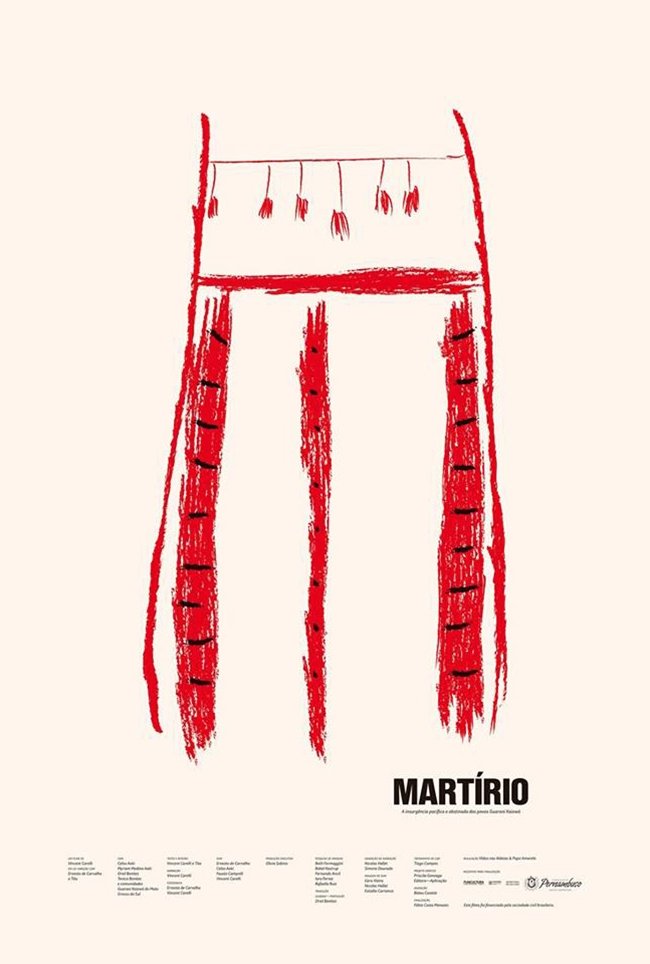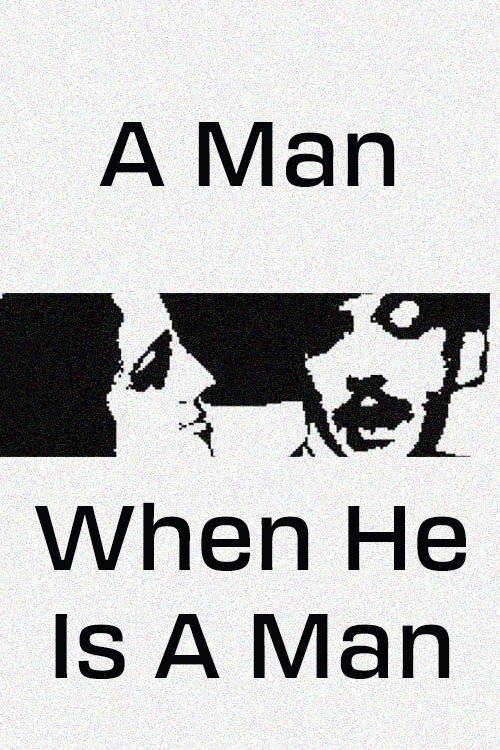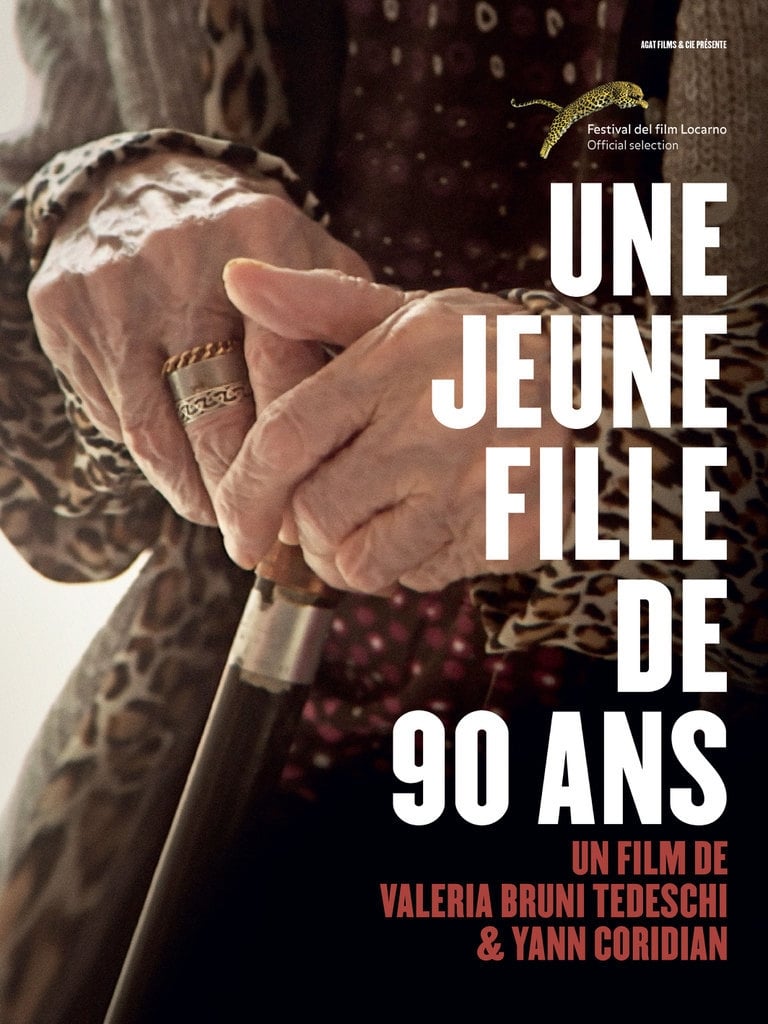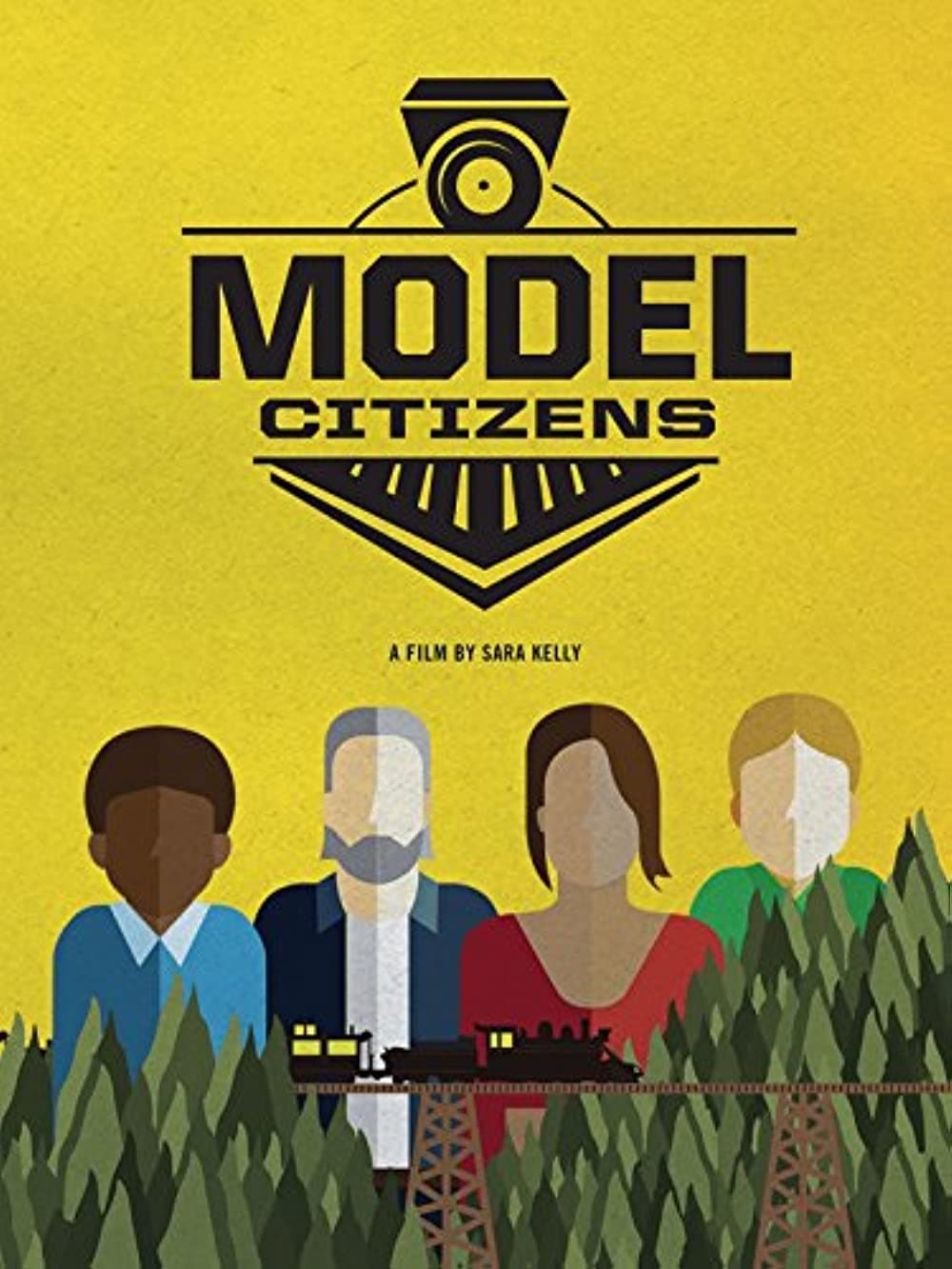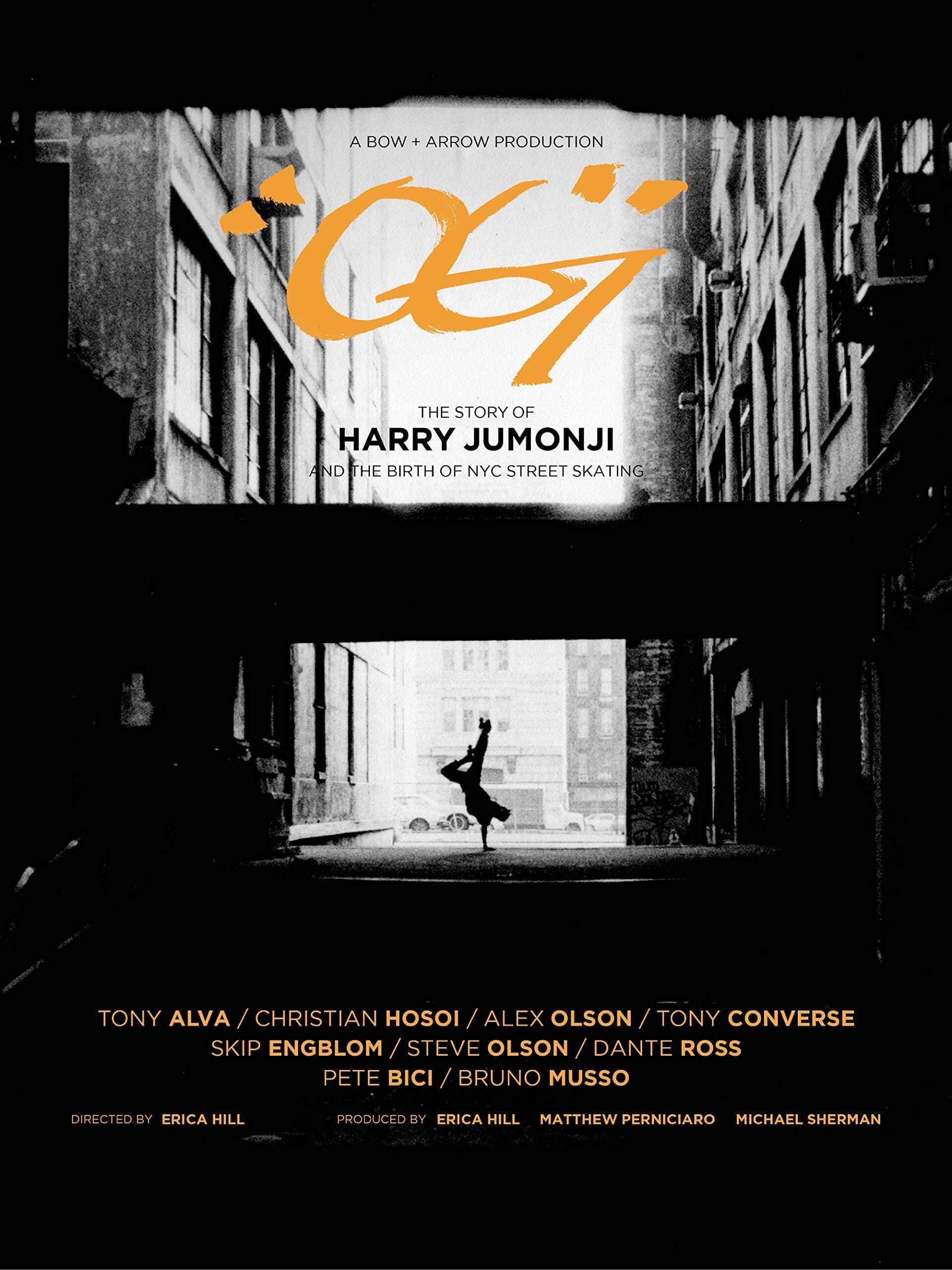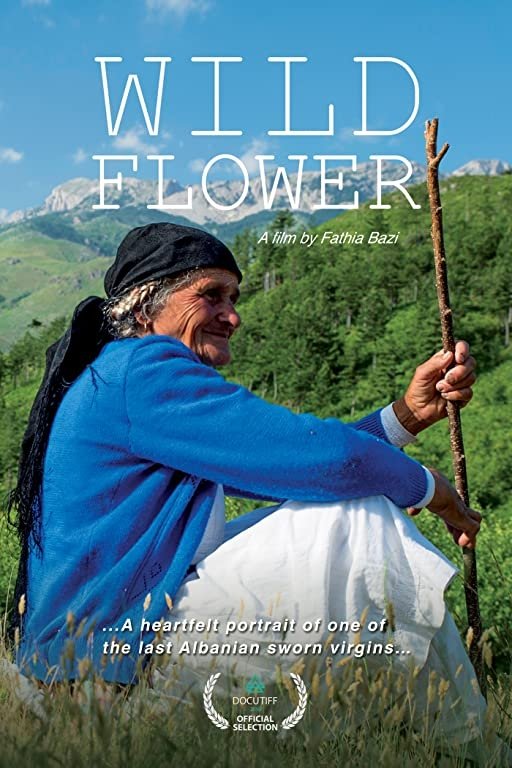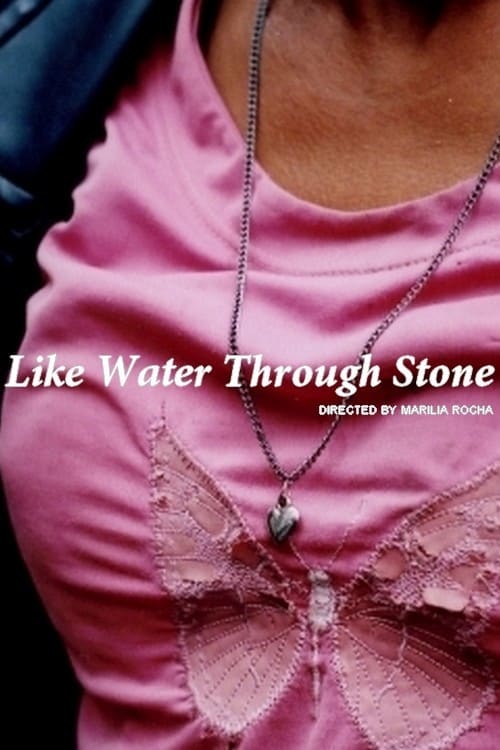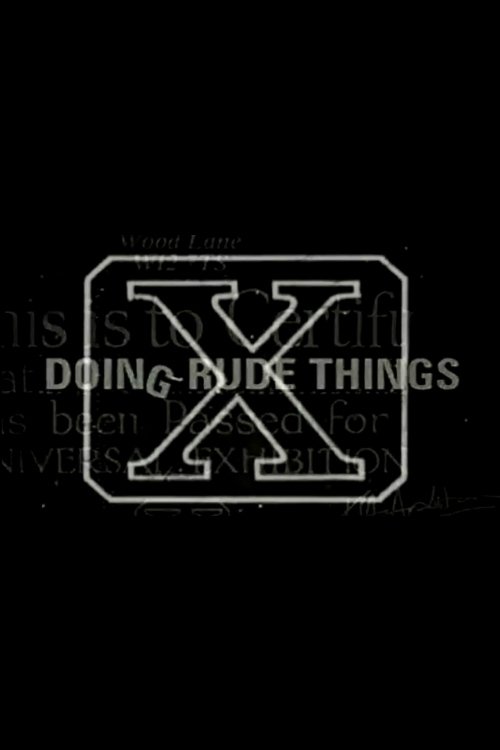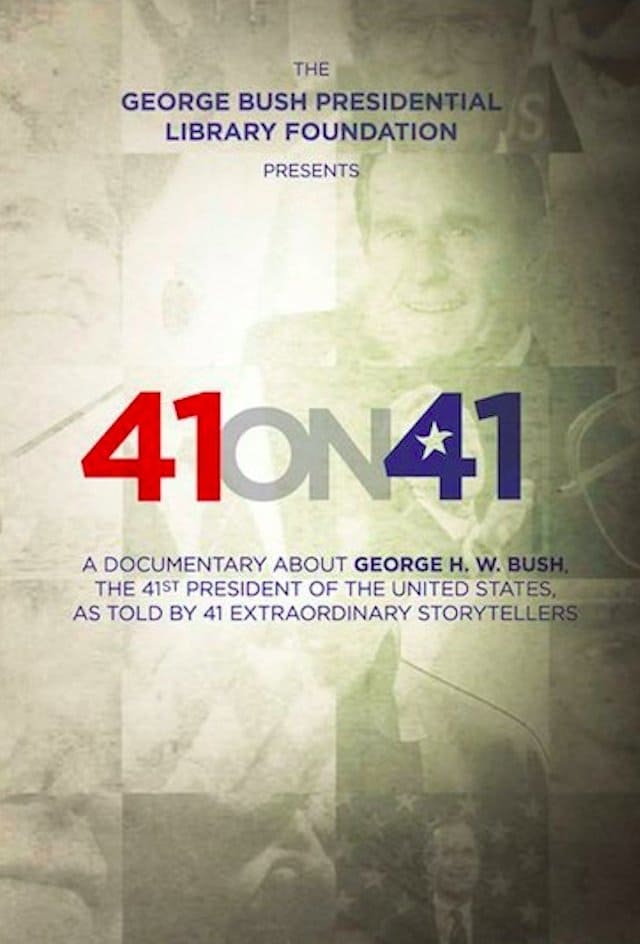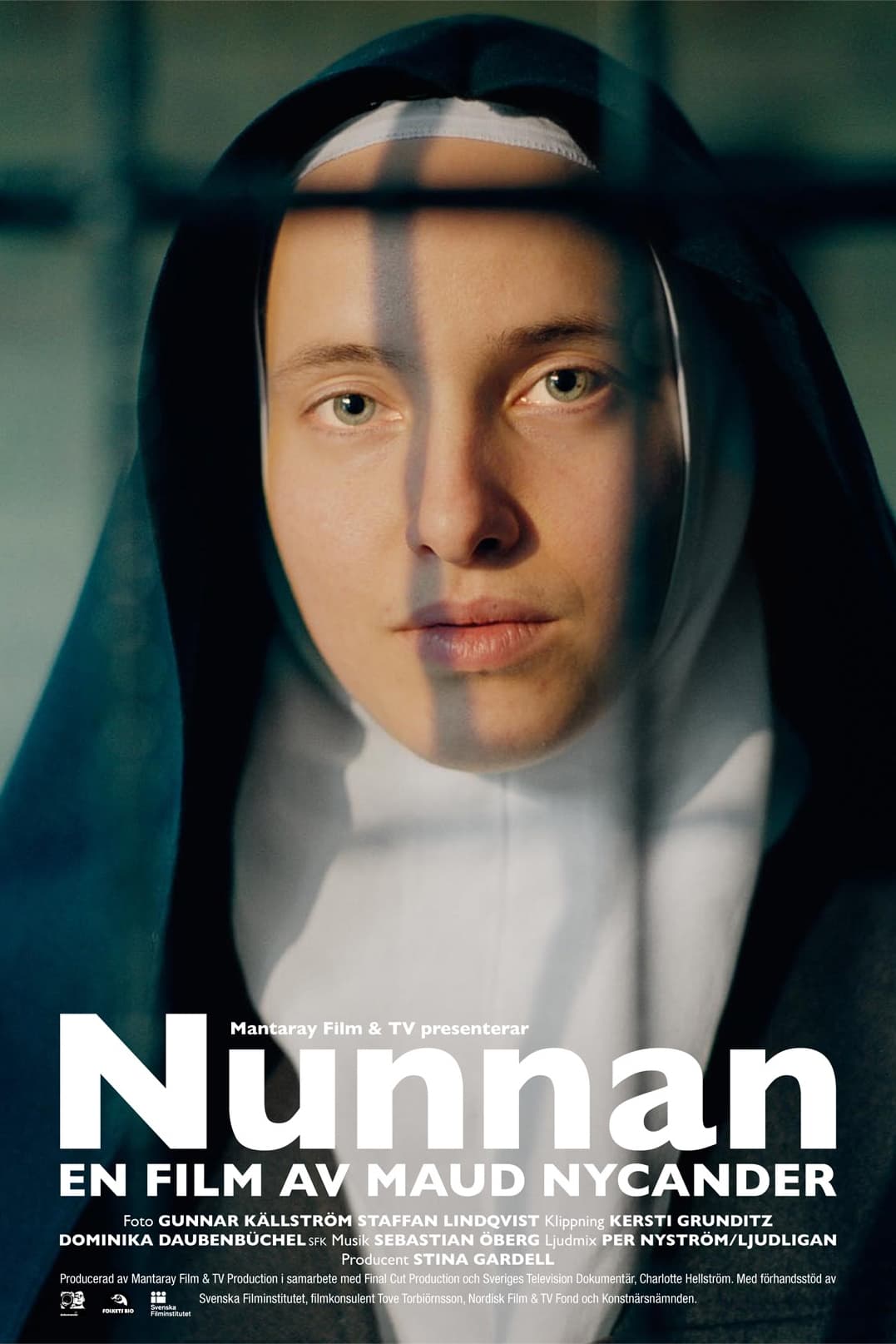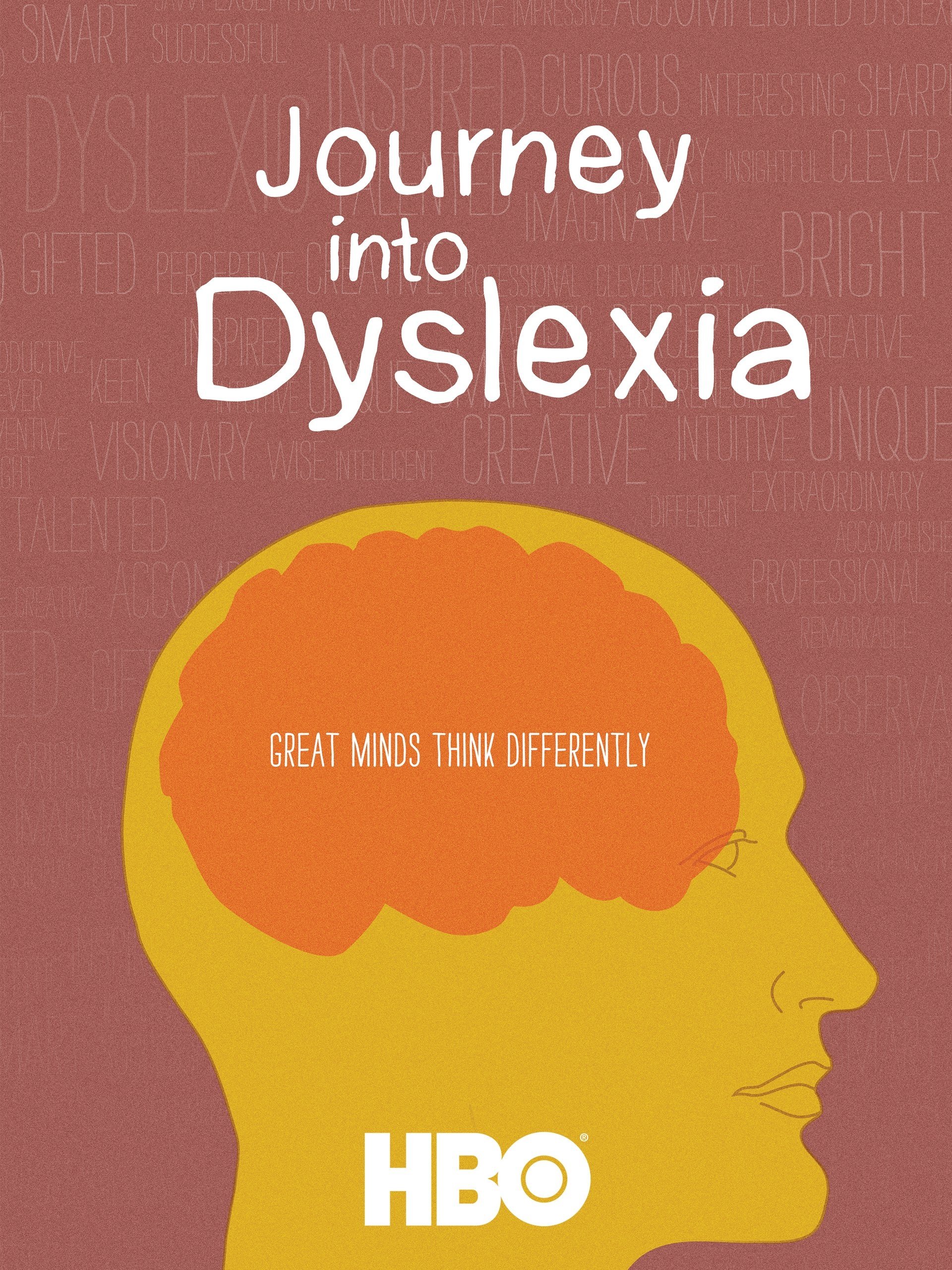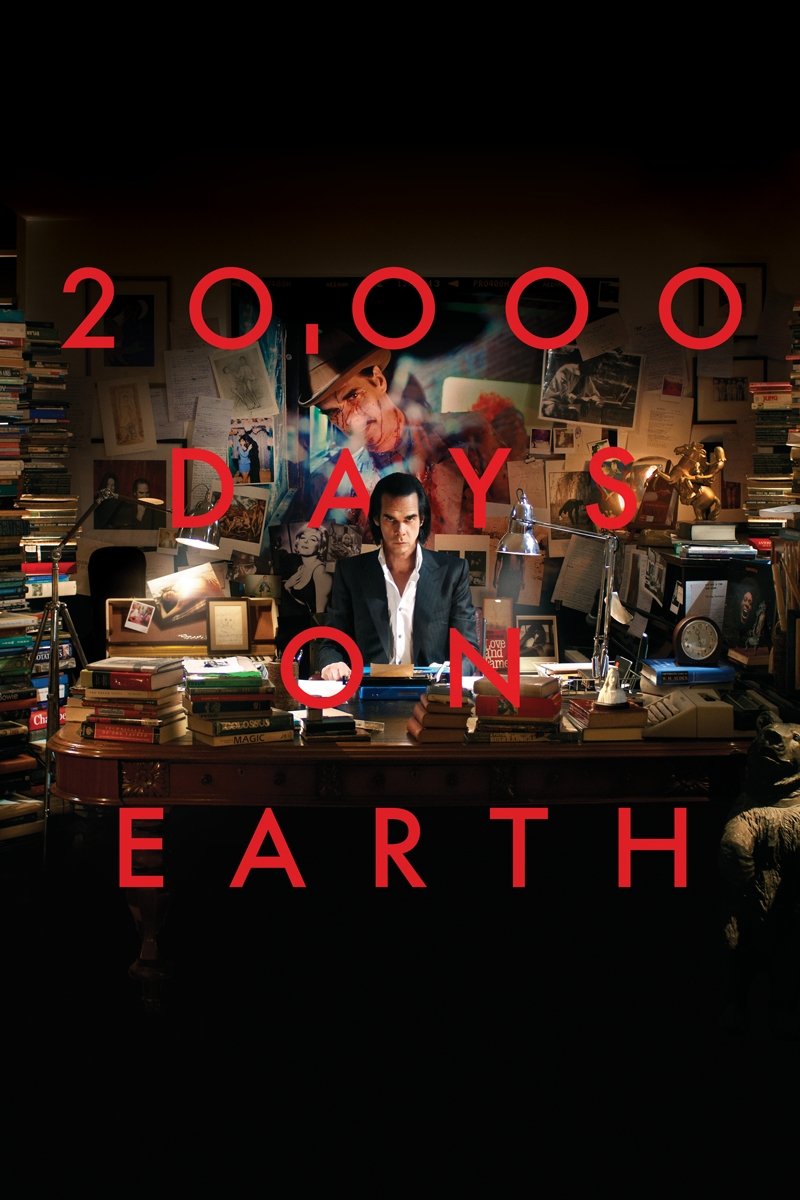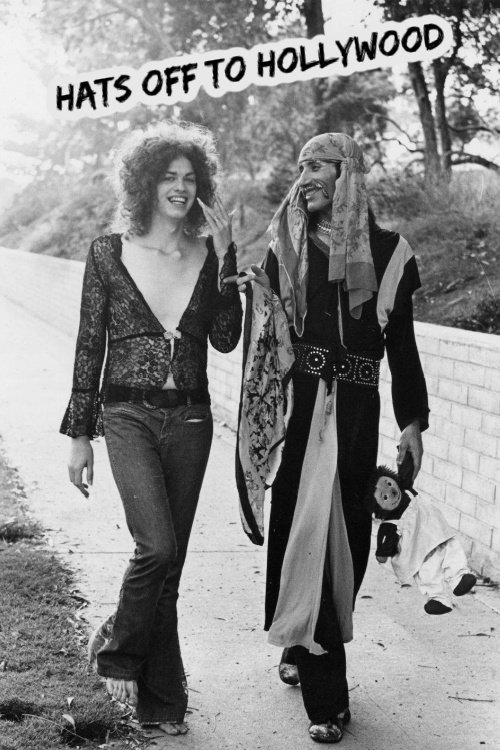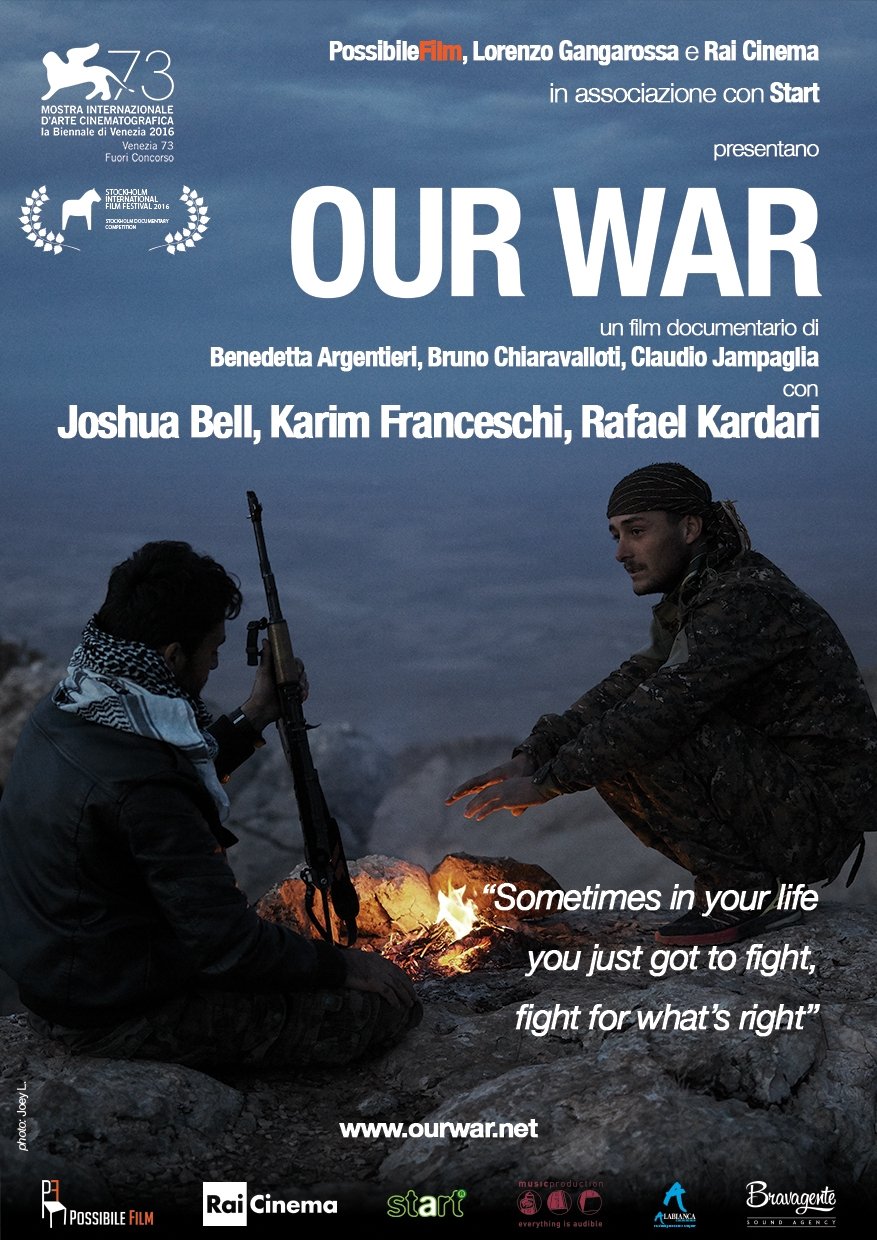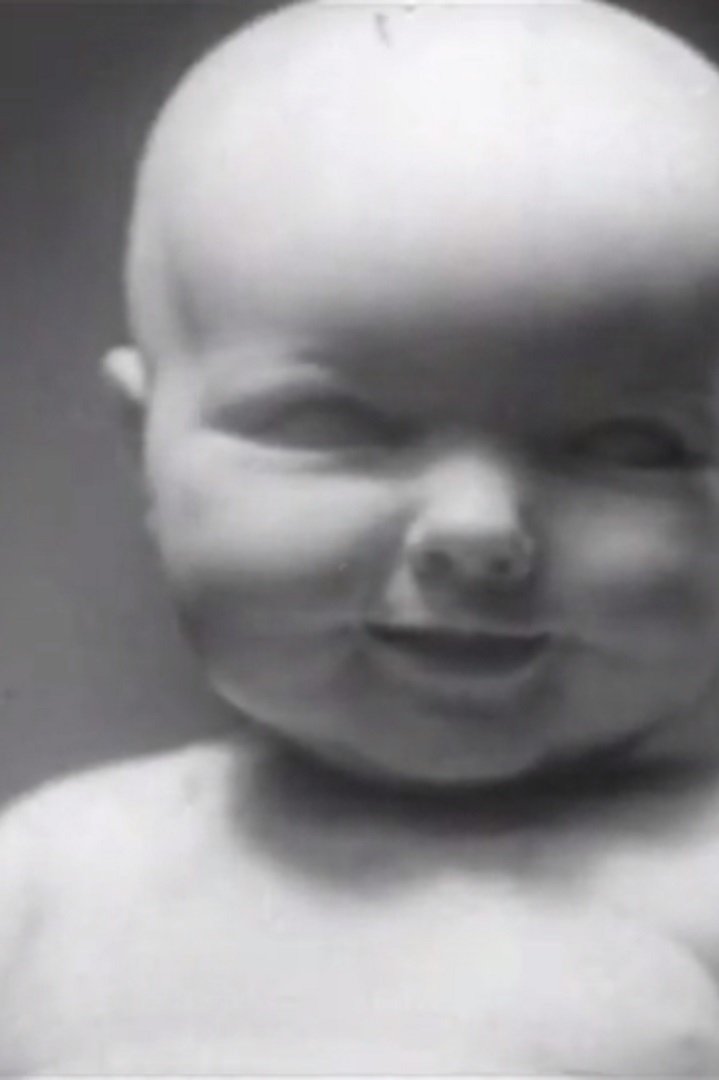
Snakes and Ladders (2011)
Overview
A mashup of the Lindbergh baby kidnapping and Wall Street collapses.
Production Companies
Additional Info
| Budget | $0.00 |
|---|---|
| Revenue | $0.00 |
| Original Language | en |
| Popularity | 0.004 |
Directed By
Katherin McInnis
TOP CAST
Similar Movies
Martyrdom
Waving the flag that states every film is political, Vincent Carelli visibilizes in this documentary the cause of the Guarani-Kaiowá: a group of indigenous people that fear their lands, located in the Mato Grosso do Sul, will be confiscated by the State. A territorial conflict born more than one hundred years ago, during the Paraguay war. While fighting against the Brazilian Congress in order not to be evicted from their homes, the 50.000 indigenous people demand the demarcation of the space that belongs to them. With some rigorous investigative work, the Brazilian director tells with his own voice of the social and political injustices suffered by the Guarani people through material he filmed over the course of more than forty years. The archive images, both color and black and white, reveal the crudeness with which they coexist every day: among the violation of their civil rights and the guts with which they confront the usurpers.
Pauline Hanson: Please Explain!
Director Anna Broinowski explores how Pauline Hanson's speech in 1996 and the decades of debate that followed has influenced Australia today; the impact of her political career on modern multicultural Australia, and the people who have helped her transition from local fish shop owner to Member for Oxley. Featuring many of Hanson's critics, opponents, advisors and commentators, from former Prime Minister John Howard, to current members of the media, including Margo Kingston and Alan Jones; and leading Indigenous commentator, Professor Marcia Langton.
A Man, When He Is a Man
What are the social climate and cultural traditions in Costa Rica which nurture "machismo" and allow the domination of women to continue in Latin America?
Olympia: Part One – Festival of the Nations
Commissioned to make a propaganda film about the 1936 Olympic Games in Germany, director Leni Riefenstahl created a celebration of the human form. This first half of her two-part film opens with a renowned introduction that compares modern Olympians to classical Greek heroes, then goes on to provide thrilling in-the-moment coverage of some of the games' most celebrated moments, including African-American athlete Jesse Owens winning a then-unprecedented four gold medals.
Olympia: Part Two – Festival of Beauty
Commissioned to make a propaganda film about the 1936 Olympic Games in Germany, director Leni Riefenstahl created a celebration of the human form. Where the two-part epic's first half, Festival of the Nations, focused on the international aspects of the 1936 Olympic Games held in Berlin, part two, The Festival of Beauty, concentrates on individual athletes such as equestrians, gymnasts, and swimmers, climaxing with American Glenn Morris' performance in the decathalon and the games' majestic closing ceremonies.
A Young Girl in Her Nineties
In the geriatric care section of the Charles Foix d’Ivry hospital, Thierry Thieû Niang, a famous choreographer, is running a dance workshop for Alzheimer’s patients. Through dance, lives are told, memories recounted: regrets, bitterness, moments of joy and solitude. Blanche Moreau is 92 years old. During the filming, she has fallen in love with the choreographer Thierry. The simple fact of falling in love being crazy enough as it is, there’s no longer anything else mad or delirious about Blanche: her illness has simply become lovesickness.
The Uncles
A filmed conversation between Winton Dean and Jonathan Balcon about their fathers Basil Dean (1888 –1978) and Michael Balcon (1896 –1977). Both men helped to pave the way for the British film industry.
Model Citizens
Somewhere in the world right now--much closer than you think--people are playing with trains. You might not see them at first, but they're there. In basements. In garages. In converted Army barracks. They're among the world's most compelling underground communities.
OG: The Harry Jumonji Story
'OG' is a film about a legendary, Brazilian born, NYC skateboarder, Harry Jumonji. In the course of telling his story, through his triumphs and travails, Jumonji emerges in this portrait as an adolescent innocent, much like skateboarding itself. He is irrepressible, manically energetic and ultimately, pure. He has a transcendent presence, well beyond charm or charisma, of such unalloyed joy that nothing he does is unforgiveable. This is fortunate because, as a drug addict, unsurprisingly, he lies, cheats and steals. Harry is rendered as the poet, the sprite, the artist and the street saint he is.
Wild Flower
Documentary about Lule Bib Luka a sheep farmer and one of Albania's last Burneshas, women who swear chastity for life in order to be given the rights and privileges of men.
Like Water Through Stone
In the Espinhaço Mountains one winter, a group of small-town Brazilian girls are experiencing the end of their youth. Impossible romances leave marks on their bodies and the surrounding landscape. Each of the friends finds her own particular way to overcome the loneliness and to live within a tangle of uncertainty.
Doing Rude Things
A light-hearted celebration of British sex films from the 1950s to the early 1980s. Presented by Angus Deayton, the programme includes interviews with movie veterans Robin Askwith and Pamela Green, as well as featuring clips from popular X-rated movies like “Come Play with Me” (1977).
Tricked: The Documentary
This character-driven film considers the evolving sex trafficking landscape as seen by the main players: the exploited, the pimps, the johns that fuel the business, and the cops who fight to stop it.
Journey Into Dyslexia
Addresses misunderstandings of learning differences and demonstrates potential in dyslexic persons.
20,000 Days on Earth
A semi-fictionalized documentary about a day in the life of Australian musician Nick Cave's persona.
Hats Off to Hollywood
Picking up the story first presented in I Don’t Know (1970), Hats Off to Hollywood (1972) brazenly and brilliantly mixes documentary reality with fully staged recreations/reimaginings of episodes in the lives of Jennifer and Dana, a loving, bickering couple who challenge the notion of homonormativity. Drugs, poverty, disease, bigotry and prostitution all figure into this disarmingly candid and often hilarious film, a remarkable work that is the apotheosis of director Spheeris’ early work, and a luminous signpost leading directly to The Decline of Western Civilization (1979-1997). Preserved by the Academy Film Archive in 2012.
Our War
Since 2013 more than 30,000 fighters from all over the world have joined the troops of the self-proclaimed Islamic State (Daesh) in Syria. Fighting against them as part of the YPO (Popular Protection Command) in Rojava—in the north of Syria and prevalently Kurdish—are some hundreds of Westerners. This is the story of three of them: a former American marine, an Italian anti capitalist activist, and a Swedish bodyguard.
Perfect Life
Perfect Life, the second feature by Emily Tang (Tang Xiaobai), at first revolves around Li Yueying, a young woman in the cold north-east of China. In a world where no one is waiting for an untrained, inexperienced woman, she knows that in order to fulfil her dreams she will have to resort to her own stubbornness and selfishness. Her father deserted her mother and the money saved by the family is destined for her younger brother's studies. When she stops working for a shop making artificial limbs in order to take a job as a chambermaid, she attracts the attention of a mysterious criminal, Mongol. Then in the editing, the documentary story of Jenny from Hong Kong starts to emerge. She thought she had her life perfectly worked out, but when her marriage breaks down, she also finds herself in financial problems and has to fight for the custody of her children.
